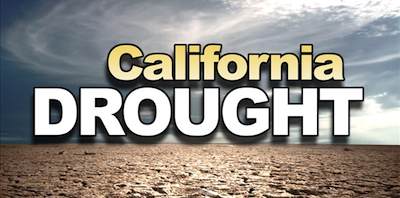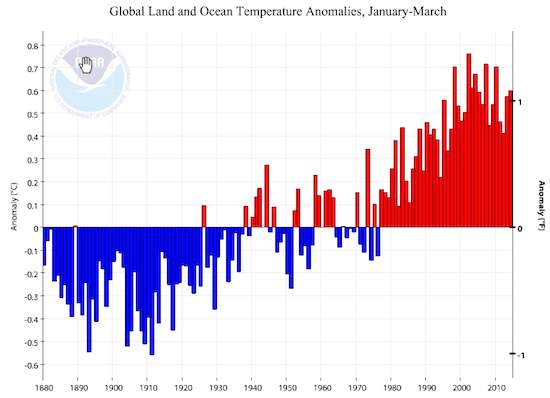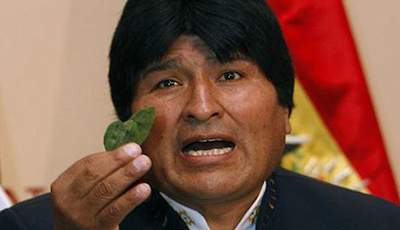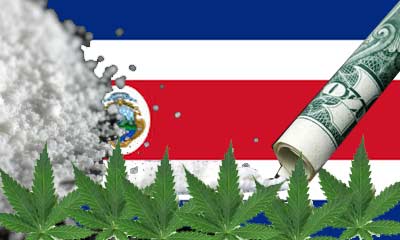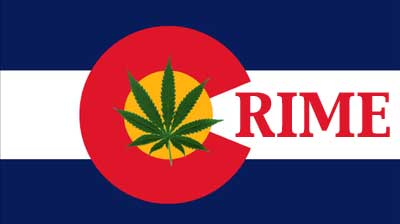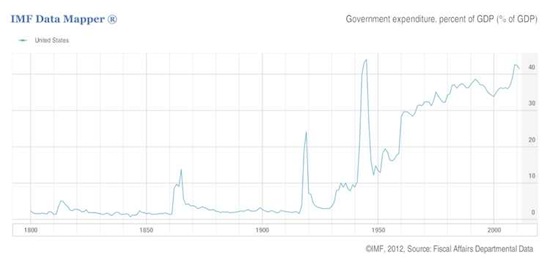With the
news that two people died from taking the illicit drug ecstasy at the Electric Zoo festival in New York City on Labor Day weekend, it is a good time to take a critical look at calls for ecstasy legalization. We have seen recent propositions to legalize ecstasy in
Canada,
Australia and
Colombia, often calling for the drug to be sold in pure form like alcohol. This represents part of a long string of bizarre policy advocations being made by the medical establishment in western democracies over the past decade, and which has also led to the predictable outpouring of support from the drug legalization lobby.
- Monday, September 16, 2013


